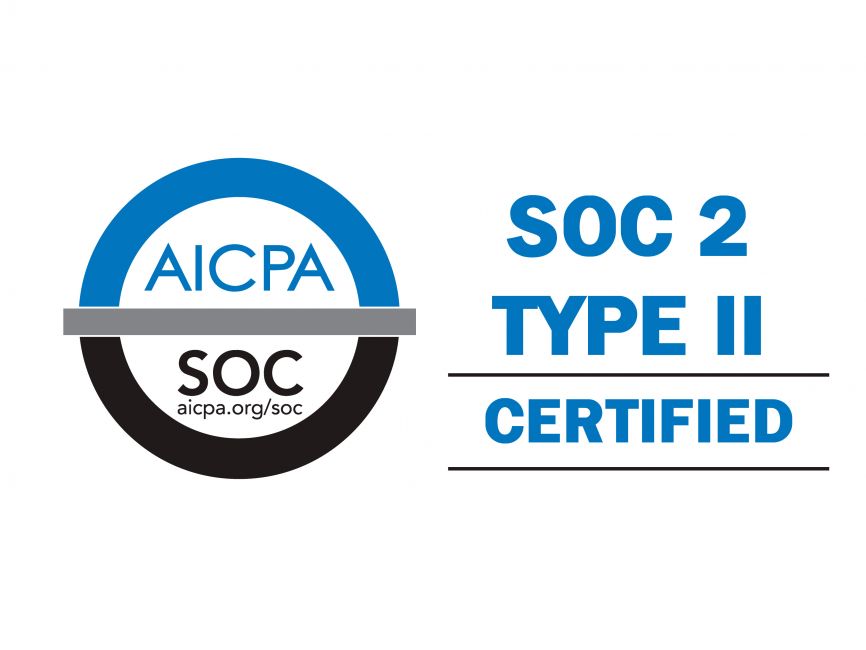Medicare Special Needs Plans Offer Targeted Benefits
Medicare offers three types of special needs plans (SNPs) that provide targeted care to fit the unique healthcare needs of individuals meeting certain criteria. To be eligible for one of these special needs plans, you have to be enrolled in Original Medicare and live in the area served by a plan. You must also qualify for one of the 3 types of plans based on health conditions or circumstances:
- Chronic Condition SNP (C-SNP)
- Institutional SNP (I-SNP)
- Dual-Eligible SNP (D-SNP)
Chronic SNP
To qualify for a chronic special needs plan, you must have a doctor’s note confirming you have the health condition addressed by the plan. The conditions are listed in the table below.
|
|
|
|
|
|
|
|
|
|
|
|
|
|
|
The most popular chronic care plans target diabetes, heart, stroke, and lung. People living in large metropolitan areas tend to have access to more types of plans.
How a C-SNP Plan Works
The purpose of a chronic special needs plan is to help people with one or more of these chronic conditions better manage their care. The plan will coordinate all the care its members receive.
The plan’s drug formulary would cover drugs necessary to treat the specific condition. A drug formulary is a list of generic and brand name prescription drugs covered by a health plan.
Providers in the network specialize in the specific condition addressed by the plan. The plan may provide case management or care coordination services focused on the individual needs of members with the chronic condition covered by the plan. For example, a special needs plan for people with diabetes might use a care coordinator to help members:
- Monitor their blood sugar
- Follow their diet
- Get proper exercise
- Schedule preventive services like eye and foot exams
- Get the right prescriptions to prevent complications.
Institutional SNP (I-SNP)
To qualify for an institutional special needs plan, you must reside in a long-term care facility that is served by the plan for at least 90 days, or you must meet your state’s guidelines for needing nursing-level care at home for at least 90 days. Long-term care facilities include:
- Nursing homes
- Intermediate care facilities
- Skilled nursing facilities
- Rehabilitation hospitals
- Long-term care hospitals
- Swing-bed hospitals
- Psychiatric hospitals
- Other facilities that offer similar long-term healthcare services whose residents have similar needs and healthcare status as residents of the facilities listed above.
Dual Eligible SNP (D-SNP)
To be eligible for a dual eligible special needs plan, you must be enrolled in both Medicare and Medicaid. The special needs plan contracts with your state’s Medicaid program to help coordinate your Medicare and Medicaid benefits.
When Can You Enroll in a Special Needs Plan?
As long as you meet the eligibility requirements for one of the plan types and a plan is available in your area, you can enroll in a special needs plan during Medicare’s Annual Enrollment period, which runs from October 15 – December 7 each year.
There are other times when you can enroll in a special needs plan:
Who |
When |
| If you’re newly eligible for Medicare . . . |
Age. You can join any Medicare SNP you qualify for during your Initial Enrollment Period, which is usually the 7-month period that starts 3 months before you turn 65, includes the month in which you turn 65, and ends 3 months after you turn 65. Disability. You can join from 3 months before to 3 months after your 25th month of disability. |
| If you have Medicare and you develop certain severe or disabling conditions, or enter a long-term care facility . . . | You can join a Medicare C-SNP or I-SNP at any time, but once you join a plan, this Special Enrollment Period ends. |
| If you have Medicare and get help from your State’s Medicaid program, or you live in a long-term care facility/institution . . . | You can join any Medicare SNP you qualify for or switch plans at any time. |
| If you join a Medicare SNP and you move out of your plan’s service area . . . | You can switch plans when you move, or you will be automatically returned to Original Medicare. |
|
If you belong to a Medicare SNP that leaves the Medicare program . . .
|
You can switch plans when your Medicare SNP notifies you that it’s leaving the Medicare program. |
Are SNPs Available Everywhere?
No, but they are available in most areas of the country.
Learn More or Enroll in a Medicare SNP?
American Exchange’s licensed Medicare enrollment experts are available to help you better understand Medicare special needs plans. We can also find available plans in your area or enroll you in a special needs plan or in any Medicare health plan. We will be a phone call away all year long to explain how your plan works and answer your insurance-related questions. Call 1.888.995.1674 or visit americanexchange.com.
1.888.995.1674 americanexchange.com
View our Medicare webpage
During the Medicare Annual Enrollment period, our agents are available to speak with you:
Monday through Friday from 8:00 a.m. to 8:00 p.m. Eastern Time
Saturday 8:00 a.m.to 5:00 p.m. Eastern Time
Medicare Disclaimer: We do not offer every plan available in your area. Any information we provide is limited to those plans we do offer in your area. Please contact Medicare.gov or 1-800-MEDICARE to get information on all of your options.
American Exchange is a licensed health insurance broker. Robert Huffaker, NPN 13568432

